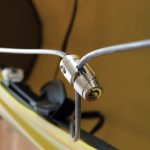In this article, we’ve got all the information you need to decide on the optimal kayak size. Discuss kayak sizes like a pro!
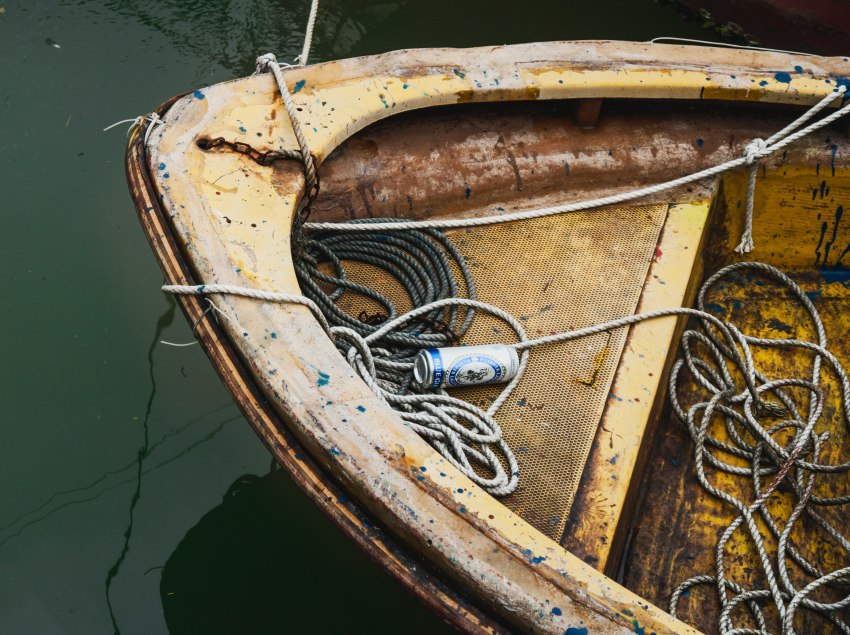
You can’t argue with the image of happily bobbing in a kayak and looking at the stunning scenery while hanging out with friends. Cracking open a can and enjoying the ice-cold drink al fresco with the sun on your face – sounds idyllic.
Just make sure to choose a source of hydration that doesn’t include alcohol, because federal laws surrounding alcohol consumption don’t stop at the shoreline.
Operating a kayak having consumed alcohol can result in receiving a Boating Under the Influence charge, BUI, which is the equivalent to getting a DUI on land. Most states cap the legal blood alcohol level (BAL) at 0.08%, and higher than that will earn you the BUI.
Being caught operating a kayak with a BAL higher than 0.08% can be quite serious, with jail time being one of the potential consequences. This article will fill you in on what exactly constitutes a BUI, how to prevent receiving one, and look at why following the laws around drinking while kayaking is so important.
What is the difference between a DUI and a BUI?
A BUI is defined as an event when the vessel is being operated by a person under the influence of alcohol and/or any other substance that could impact the abilities of the person in question.
For the most part, DUIs and BUIs are fairly similar, apart from the mode of transportation. The legal BAL is the same for water and land vehicles, and both charges will be prosecuted accordingly based on circumstances such as previous offenses or any damage that came from the accused’s behavior.
Note that in some states, a BUI is termed ‘Boating While Intoxicated’ (BWI), but they are one and the same.
What do the police consider a “vessel”?
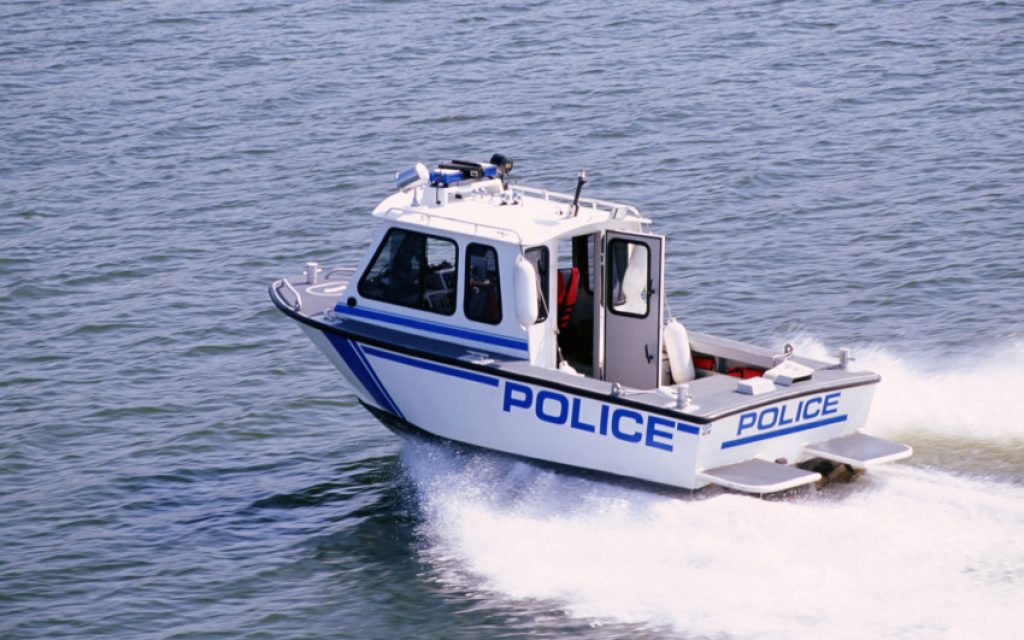
A kayak with a trolling motor or one that features any other motorized component is automatically considered a vessel in the eyes of the law.
If there isn’t a motor on your kayak, it’s a bit more complicated. The laws differ state to state, and the severity of the charge (if any) is often up to the law enforcement officers’ interpretation of what is laid out in the statute.
Before heading out on your kayak, look into what the different laws are in your state, but to stay on the safe side, assume that your kayak will be considered a vessel in the eyes of the Coast Guard and the law.
Why is drinking while kayaking such a problem?
Being on the water increases the effects of alcohol on the body, shown in results from research conducted by Loyola Marymount University. Dehydration is common in the boating world without the addition of alcohol, and the research showed that effects of dehydration cause greater intoxication. The BAL doesn’t increase, but problems with impairment do.
A 2020 summary of boating incidents found that there was a 25% increase in the fatality rate from the 2019 statistic. Alcohol has been identified as the lead cause of fatal accidents, and the highest contributing factor in 18% of deaths over the year.
What is the danger in drinking while kayaking?
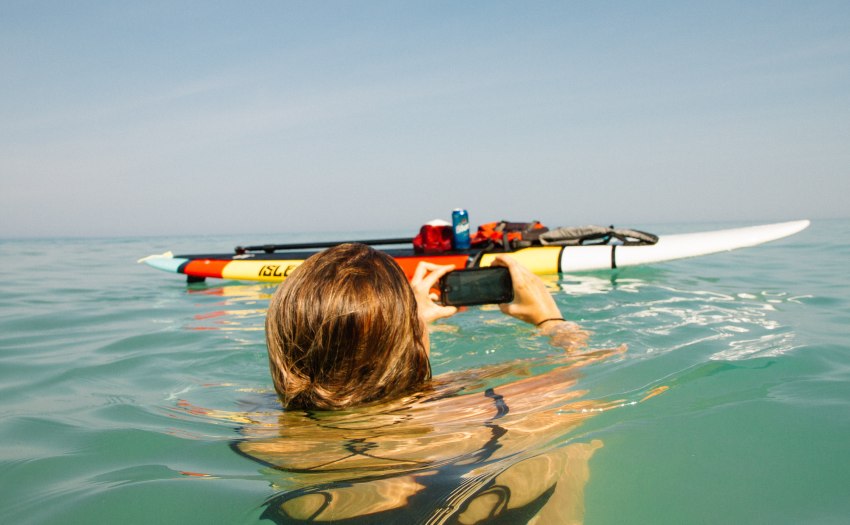
Sitting back in the sun with a beer may seem innocent and despite positive intentions, there is a lot of risk that comes with drinking on the water. Any effects of the alcohol will be amplified, which makes being on a boat a dangerous place to be.
Here are some examples of what alcohol consumption while on a kayak can do:
- Impaired vision and balance
There’s a higher chance of being unsteady when at sea and alcohol makes staying stable a lot more difficult. If your vision was to get impaired by alcohol, the consequences could be dire – just as much so as when driving a car.
- Weakened judgment
Sometimes there can be too much liquid courage, and reckless decisions are made. This is particularly problematic when out on the water, both for the operators and other boaters.
- Hypothermia
Alcohol lowers your core body temperature, and that’s a bigger problem on water than it is on land. Swimming, for example, can become far more dangerous this way.
Becoming dehydrated is far easier when consuming alcohol; the concentration of the alcohol in your blood changes, increasing feelings of intoxication and impairment.
What are the consequences of a BUI?

A BUI, or BWI, is effectively the same as a DUI in terms of severity and punishment. There are several different things that can happen as a result of a BUI, either individually or in any combination. Below are some examples.
- The boat can be impounded
- A federal offence could be registered
- A variety of fines
- From $200 up to $3,000 for repeat offenses
- Jail time
- Can be up to two years
- Particularly influenced by other factors such as minors on board
- Boating license suspended or revoked
- Compulsory substance education program
- Community service
Are the laws the same in every state?
There are some similarities across the board, but it’s best to understand your state’s specific laws as there are slight differences.
Here, you can find a comprehensive list of the boating laws in every state.
How to stay safe on the water

The first and most obvious answer is to simply avoid drinking while kayaking. As nice as the idea of the cold beer is, it’s less nice when you consider all the potential repercussions. If you are going to drink, just make sure to abide by your state laws, and to be responsible for the safety of others as much as your own.
To that effect, it’s more likely that there will be people drinking and kayaking during major holidays, so there is an increased risk of an accident happening around those times. You can control your own actions, but there’s no predicting how others will act, so head to the water at a less popular time of year for a quieter experience.
Final thoughts
While it may sound strange that a kayak can be one of the vehicles that can earn you a DUI, it also does make a lot of sense that safety is being pushed for in the boating community. Operating a kayak holds the same danger as operating a car, but as kayaking is a leisurely activity, it isn’t really thought of in the same bracket.
It is not totally illegal to drink on a kayak, but it’s definitely something to monitor and think about. Keep your BAL in mind, but also consider the increased effects from the sun and the water. To prevent getting sick from dehydration, make sure to pack lots of water and drink it regularly throughout the day.
The graph below is taken from the Coast Guard’s 2020 Recreational Boating Statistics and gives a deeper view of the different causes of accidents and fatalities on the water. The full document contains many detailed examinations of various statistics.
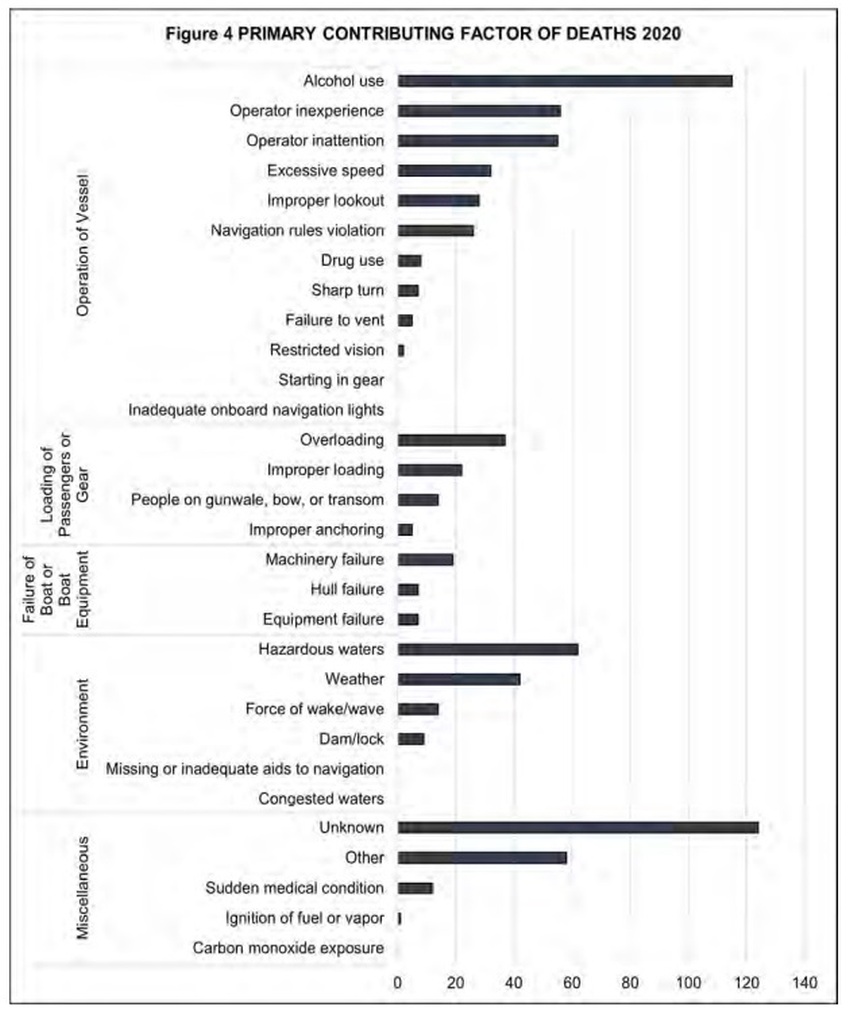
Although kayaking is seen as a leisurely activity, it does have the potential to go wrong if the regulations laid out for the safety of everyone involved aren’t adhered to.
Related/FAQ
Absolutely, it’s not limited to the US. The specifics of the blood alcohol levels may differ, for example in Australia the limit is 0.05%, so there are definitely other countries around the world that have laws surrounding the consumption of alcohol and operating a vessel.
It’s said that for every drink, your BAL rises by approximately 0.02%, which would mean that four drinks would be about the limit. Obviously, this depends on what you’re drinking and the circumstances (such as the effects of being on water), so always err on the side of caution.
To meet requirements, it’s mandatory to have a Coast Guard-approved lifejacket on board for each passenger. It isn’t necessary by law to wear a lifejacket, but it’s highly recommended, regardless of swimming ability.
Although there’s no law requiring adults to wear lifejackets, it’s mandatory for children; the laws regarding children’s life jackets differ from state to state.
Unless the body of water is completely on privately owned land and is seen as ‘non-navigable’ (meaning the water has never been used for trade or travel) then it’s actually difficult to claim ownership of a body of water. This means that the laws will be applicable as they are laid out in each respective state.








